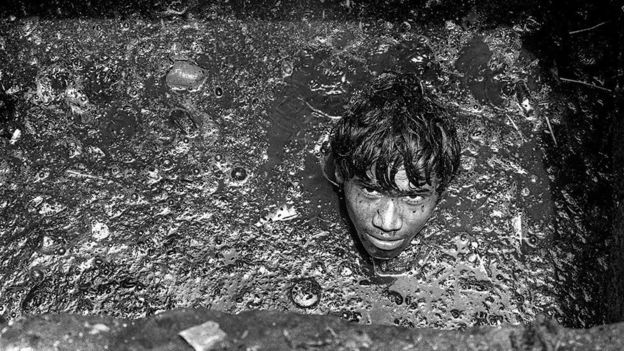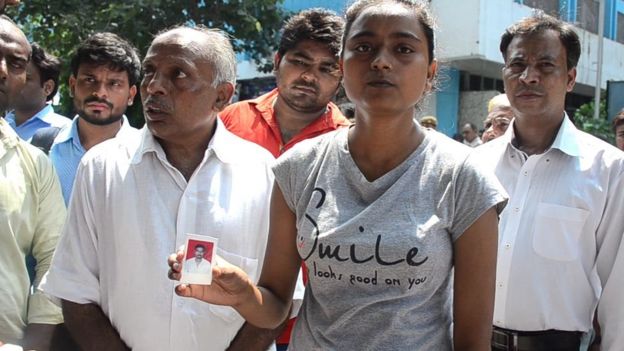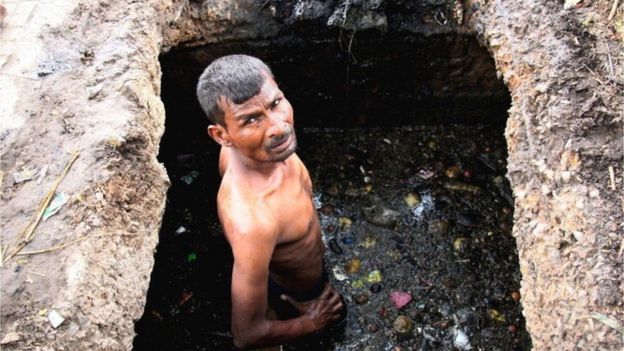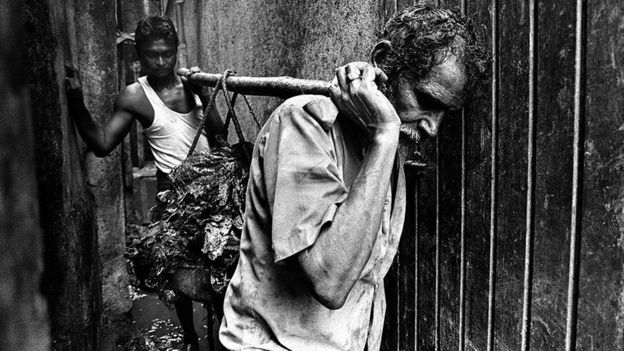By Pamela Constable
ISLAMABAD, Pakistan — A wave of anti-American anger has swept Pakistan this past week, triggered both by President Trump’s threat to punish the country for harboring insurgents and by his invitation to India, Pakistan’s longtime rival, to become more involved in Afghanistan’s future.
Tribal and religious leaders have held protests at border crossings, and banners urging “Say no to America!” have appeared across the capital. Officials have canceled trips to Washington and asked a State Department official to postpone her planned visit here this week. Across the country’s fractious political spectrum, leaders have raised a collective fist at Trump.
In a stern speech Aug. 21, the U.S. president laid out a new militarized policy for the region, saying he would send more American troops to Afghanistan and insisting that Pakistan must “do more” to rein in Islamist militants or face possible sanctions, such as cutting aid or revoking its status as a major non-NATO ally.
Afghan officials welcomed Trump’s message, but Pakistanis accused him of “bullying” their country despite its history of cooperating with the United States in foreign conflicts. They said he had betrayed them by reaching out to India, which Pakistan views as a persistent threat to its existence.
“President Trump wants to portray us as a villain despite the huge losses we have suffered in the so-called anti-terrorism war,” said Hafiz Hamdullah, a conservative Muslim cleric and legislator. “Both India and the U.S. want to use Afghanistan against us. These charges of terrorist hideouts are just to destabilize Pakistan.”
Mian Raza Rabbani, the left-leaning chairman of Pakistan’s Senate, denounced Trump in similar terms. “No country in the world has done more than Pakistan to counter the menace of terrorism,” he declared. Invoking the “legacy of Vietnam,” he said that if Trump “wants Pakistan to become a graveyard for U.S. troops, let him do so.”
In tribal regions along the border, where U.S. drone strikes have killed hundreds of suspected militants and civilians, one crowd of tribesmen chanted, “Long live Pakistan.” In another spot, religious activists held up placards saying, “India, America and Afghanistan are conspiring against Pakistan.”
Pakistan’s National Security Committee, which comprises top military and civilian officials, sharply rejected Trump’s charges of sheltering insurgents and demanded that the U.S. military “eliminate sanctuaries for terrorists” on the Afghan side. “The Afghan war cannot be fought in Pakistan,” the group declared.
Pakistani officials took other steps to show their unhappiness. They requested that a planned visit by Alice Wells, the senior State Department official dealing with the region, be indefinitely postponed. Pakistan’s foreign minister, who had been planning a trip to Washington, instead announced that he would travel to China, Russia and Turkey.
Despite the hostile rhetoric, there were signs that U.S.-Pakistan relations are far from collapsing. Over the past few weeks, several low-profile meetings were held between current and former officials from both governments to discuss how to keep relations on an even keel.
Pakistani newspapers ran headlines that blasted Trump as a hectoring bully but also published nuanced commentaries calling for pragmatism and patience. The editors of Dawn, the country’s most influential daily paper, counseled that “there is still space and time for constructive dialog. A strategic rupture is in neither the U.S. nor Pakistan’s interest.”
For Pakistan, the issue of militant sanctuaries is a familiar one; both of Trump’s immediate predecessors pressed Pakistan to crack down on them but did not take harsh measures, especially because Pakistan was cooperating in the broader anti-terrorism war. This time, though, Pakistani officials are said to be far more worried that Trump, an unpredictable leader, may follow through.
“Trump’s threats are real. . . . Madness on our doorstep has already arrived,” commentator Syed Talat Hussain wrote in the News International on Monday. He suggested that if Trump, “an ignoramus addicted to creating sensation,” ordered a drone strike in Pakistani territory — as opposed to the border tribal areas — it could “get us embroiled in a war with the U.S. This is deadly serious business.”
Pakistanis have been even more deeply rattled by Trump’s warm embrace of India, where the current prime minister is an ardent Hindu nationalist and Indian army troops have been waging an aggressive, months-long campaign against Muslim protesters in the disputed Kashmir region.
Pakistan has long pursued influence in Afghanistan largely as a foil to India, a larger and more powerful rival, only to see New Delhi become a major benefactor of the U.S.-backed government in Kabul.
“Trump’s comments about India were more unsettling for Pakistanis than his threats to Pakistan,” said Michael Kugelman, a Pakistan expert at the Woodrow Wilson International Center for Scholars in Washington. “The U.S. calling for a deeper Indian footprint in Afghanistan sets off alarm bells across Pakistan. It will cause very real fear.”
A few Pakistani voices here have called for a rethinking of Pakistan’s efforts to influence Afghanistan, noting this has created a burden on its resources and a spillover of Islamist radicalization. But virtually no one questions the notion that India, the world’s largest democracy, is their mortal enemy — a premise that has long kept Pakistan’s army in a position of extraordinary power but has left the country increasingly isolated.
“We have sacrificed for so many years to help the United States, and this Afghan war has destroyed us,” said Rehman Malik, a Pakistani senator and former interior minister. “We don’t want anything but their respect. We are a victim of terrorism, not a cause of it. We want peace in Afghanistan, not war. Now America is befriending India at the expense of Pakistan. And that really hurts.”













